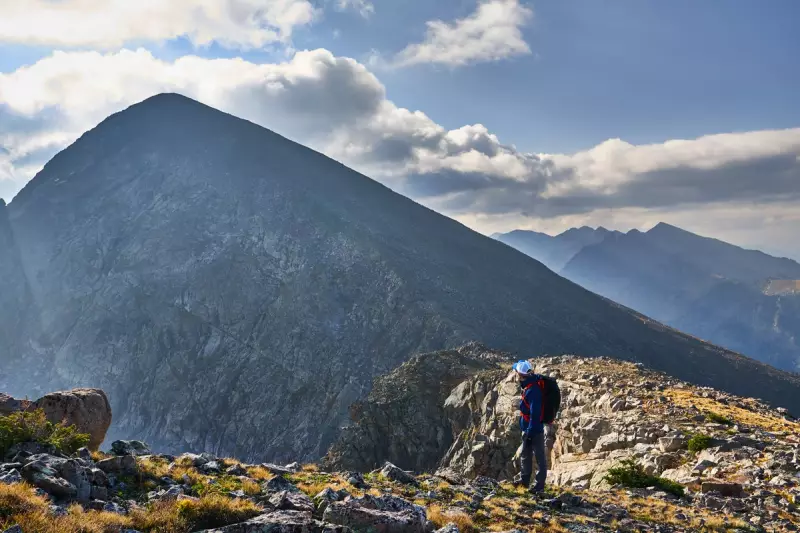
Embarking on a solo mountain hike is one of the most exhilarating and liberating experiences for outdoor enthusiasts. Whether you're drawn to the solitude, the challenge, or the chance to connect deeply with nature, hiking alone offers a unique adventure. However, it also demands careful planning and awareness to ensure safety and enjoyment.
Why Choose Solo Hiking?
Solo hiking allows you to set your own pace, choose your path, and immerse yourself fully in the natural world. Without distractions, you can tune into the sounds of the wilderness, observe wildlife, and enjoy moments of quiet reflection. It’s a powerful way to build confidence and self-reliance.
Essential Preparation
Before heading out, thorough preparation is key:
- Research your route: Study maps, weather conditions, and trail difficulty.
- Pack wisely: Bring essentials like water, food, a first-aid kit, navigation tools, and extra layers.
- Inform someone: Always let a trusted person know your itinerary and expected return time.
Safety Tips for Solo Hikers
Staying safe on the trail is paramount:
- Stay on marked paths: Venturing off-trail increases the risk of getting lost.
- Be weather-aware: Mountain conditions can change rapidly—check forecasts and prepare for all scenarios.
- Trust your instincts: If something feels unsafe, turn back or adjust your plans.
The Rewards of Solitude
Solo hiking isn’t just about the physical challenge; it’s a mental and emotional journey. The solitude can lead to profound personal insights and a deeper appreciation for the natural world. Many hikers find that time alone in the mountains is both grounding and transformative.
Whether you're a seasoned trekker or a beginner, solo mountain hiking offers an unforgettable adventure—just remember to plan carefully and respect the wilderness.





